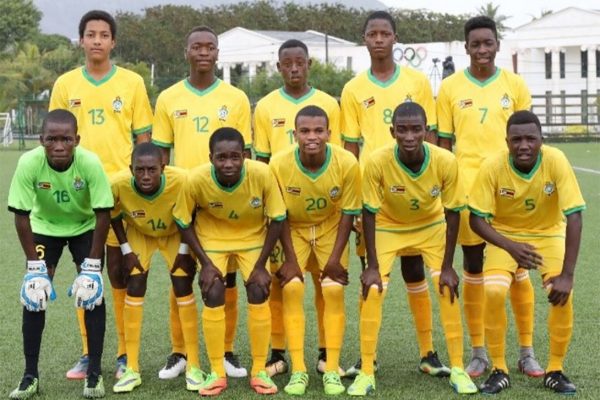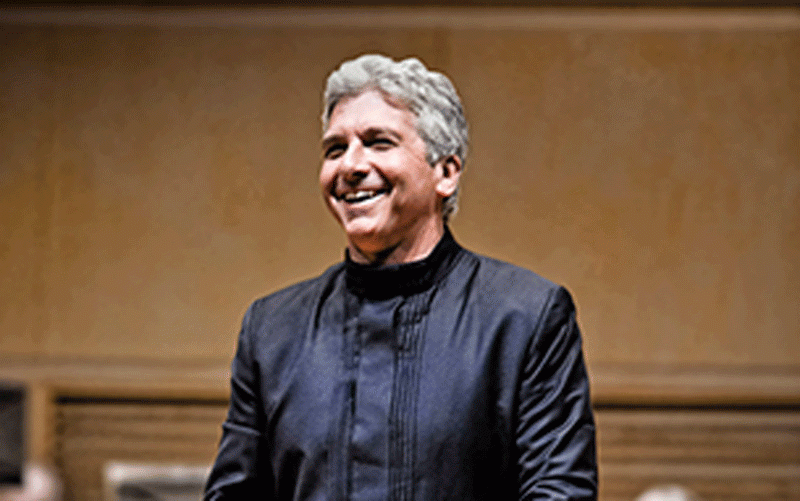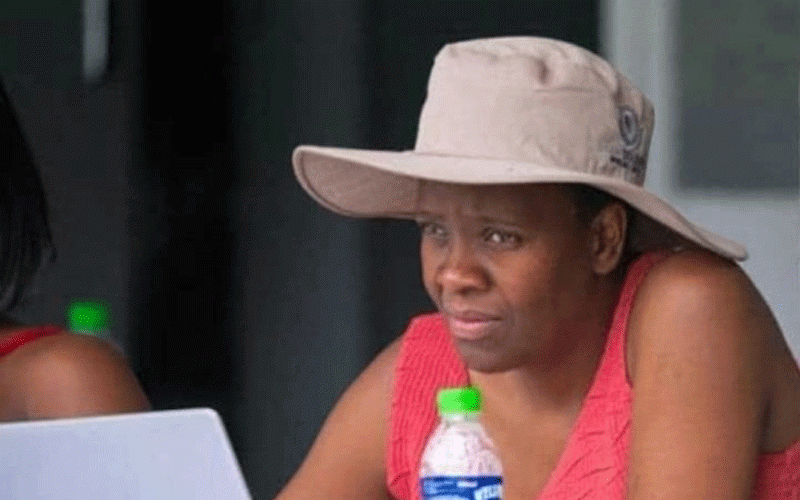
School of sport with TIM MIDDLETON
INCREASINGLY we read in newspapers of international sportsmen and women announcing their “retirement” from international sport, usually with the explanation that it is done “very regrettably”, they add, “in order for them to be able to continue with their playing career at club level”.
As age creeps up on them, they argue, they cannot continue to play with the added extra demands of international competition (alongside perhaps their family responsibilities). In truth, it may come from being too proud to face the fact they may be dropped! Funnily enough, we also read of players later announcing they are willing to come out of their international “retirement” — interestingly this often coincides with the change of the national coach, not with a miracle cure!
There is a problem here. Something has been lost along the way! When players think that they can pick and choose when and if they will play for their country we have lost something very important. We have lost the understanding that representing our country is the greatest privilege any sportsman or woman can be granted; it should be our ultimate goal, to play for our country.
It should not be something that we pick up when we feel like it. When our country comes calling, we should respond. We should be always available for when the call comes. If we are going to enter the sporting arena, we should be considering the possibility of reaching the ultimate level and be ready for such a call. It should be as much a thrill and privilege the hundredth time as the first time. Every time we are selected should be an absolute thrill and privilege.
The problem is that all sense of privilege has been lost and been replaced by a sense of entitlement. Millions would love the privilege of playing for their country and here is someone who has been given the privilege actually turning it down — something is very wrong there! That person is saying that the privilege actually means nothing, or at least it means far less than it did. And any person who does think like that should not be selected anyway by any manager or selectors.
Children need to learn about the responsibility that goes with privilege. We may delight and glory in the privilege of being granted the opportunity to be selected, but we cannot simply sit back and wallow in it. We have to earn it and continue to earn it. We need to take the honour very seriously. We need to train even harder, not least as the competition will be higher and harder. We need to handle the increased pressure and attention that such a privilege brings. We need to prepare well for the privilege. We need to model, at all times, the values that go with such a privilege. We need to take on more responsibility at school level for having the privilege of national level.
More than that, however, the privilege of being selected to represent our country brings the huge and added responsibility of giving back to the sport and to the country, by helping not simply with coaching but also with officiating and administering; if we want the glory we must give the graft. Too many sportspeople take up the offer to represent their country with pride and pleasure but then leave the sport, making it extremely hard for those who follow in the sport to have any such opportunities and privileges. Representing our country is not a selfish, but a sacrificial thing.
- Chamisa under fire over US$120K donation
- Mavhunga puts DeMbare into Chibuku quarterfinals
- Pension funds bet on Cabora Bassa oilfields
- Councils defy govt fire tender directive
Keep Reading
In that regard, school sport provides a wonderful opportunity for children to learn these lessons. Children should see that being selected to represent their school, even at C or B team level, is a privilege; they should see how each year at an older age group level it is a further privilege to be selected for the school teams, with the ultimate aim of having the huge privilege of representing the school at first team level. Then they will look for adding the privilege of representing the province and then national team at different age groups, right up to the ultimate privilege of the highest level.
We need to help our children understand that it is an enormous privilege to represent our school at sport (at any level) — furthermore, it becomes an even greater honour and privilege to be chosen to represent our province and ultimately our country.
Playing for our country at an age group level is only a stepping stone; the ultimate privilege is to represent our country at full international level yet too often children are content simply to have played for their school or country at one age group level (and got the tracksuit, tour and title). We do not retire from privilege, very regrettably or not.
Tim Middleton is a former international hockey player and headmaster, currently serving as the executive director of the Association of Trust Schools. Email: [email protected]











